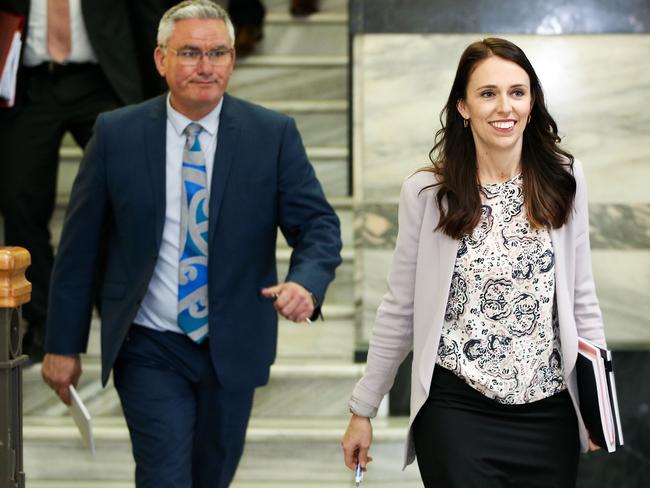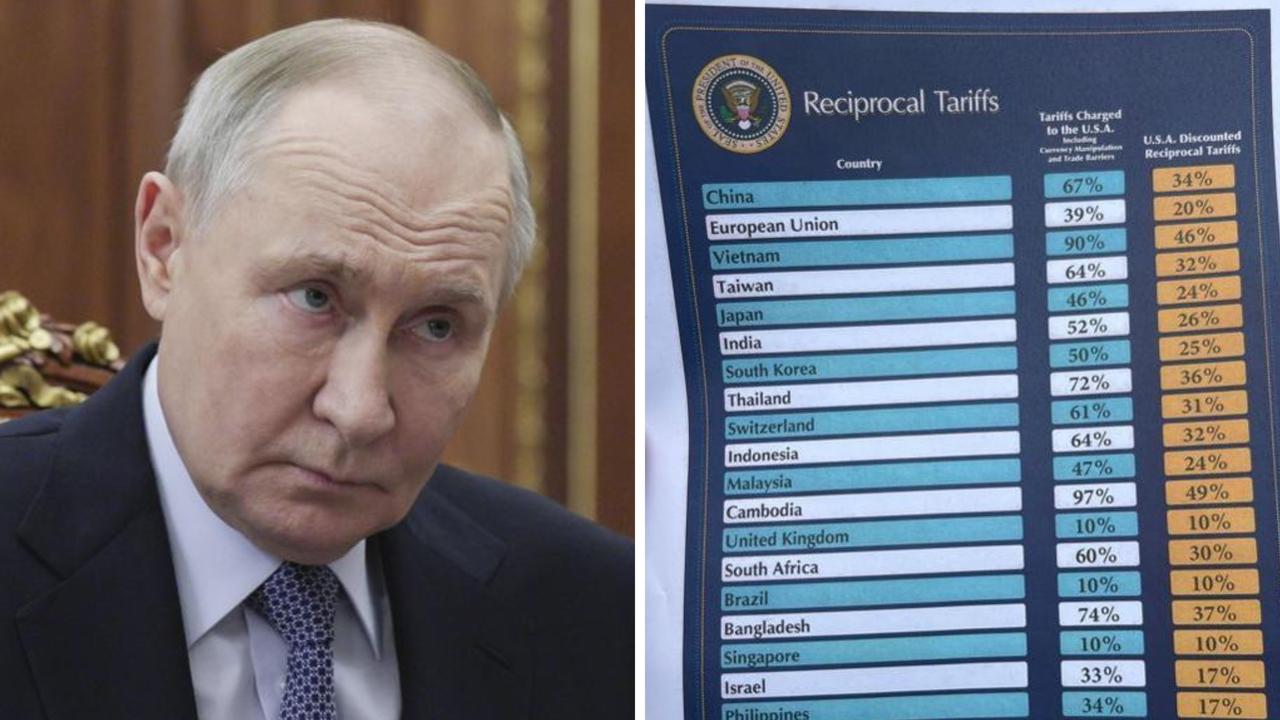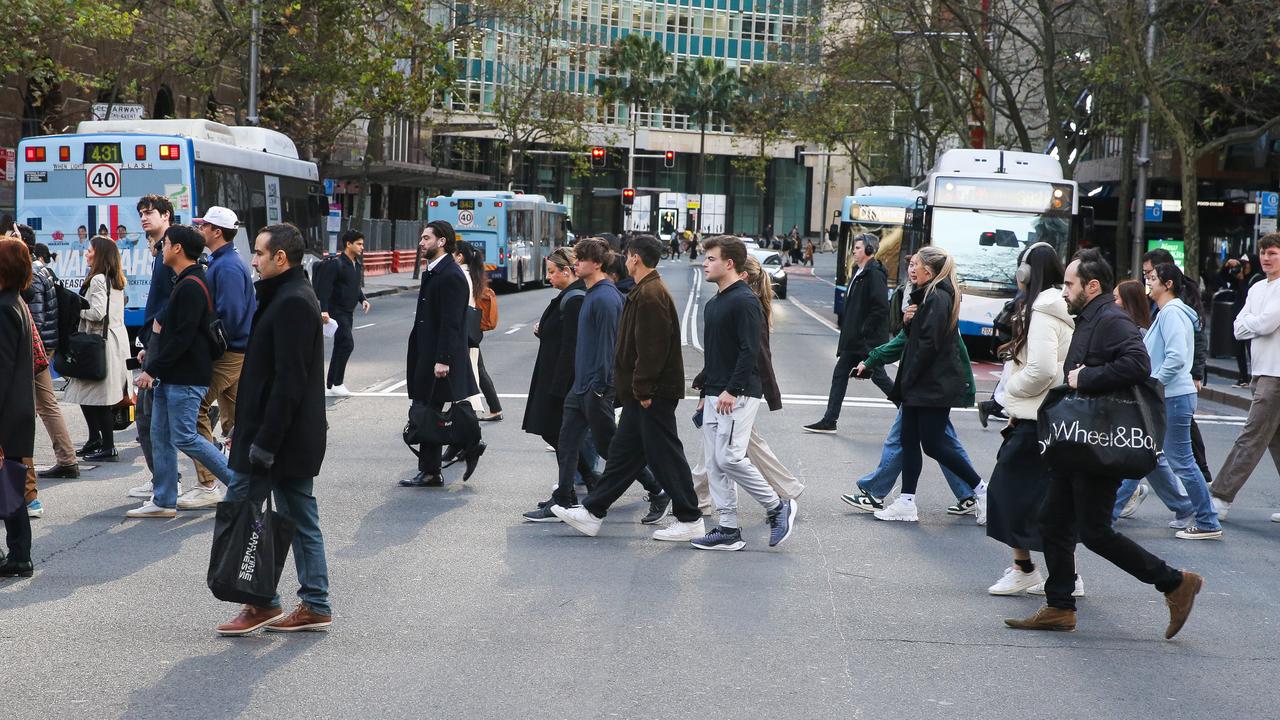Who is Jacinda Ardern, New Zealand’s new prime minister?
SHE was an amateur DJ who likes whisky and used to work for British prime minister Tony Blair. This is New Zealand’s new Prime Minister.
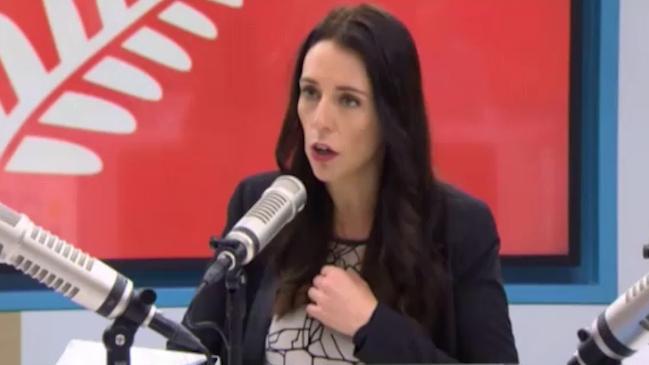
A 37-YEAR-OLD who has never held public office has become New Zealand’s new prime minister after just 80 days as leader of the Labour opposition.
Jacinda Ardern has ridden a wave of “Jacinda-mania” to become the nation’s youngest leader in more than 150 years.
It’s an incredible result, made even more remarkable by the fact that she only took over the Labour leadership from Andrew Little seven weeks before the election.
Ms Ardern was not widely known outside political circles at the time but soon connected with voters and her charismatic personality helped lift Labour’s popularity by 20 points.
Crowds treated her like a rock star at shopping malls and universities, while analysts compared her to Canada’s Justin Trudeau and France’s Emmanuel Macron.
Ms Ardern admits she was surprised at the public’s initial response to a self-described “policy nerd” who never envisioned herself running for prime minister.
“I think we tapped into a mood for change, a sense that things can be a bit better than this, that there were things people felt uncomfortable about,” she said.
While her rise seems meteoric, Ms Ardern has been interested in politics from a young age. She joined the Labour Party when she was 17 years old.
Having completed a Bachelor of Communication Studies in politics and public relations, she worked as a researcher in the office of then prime minister Helen Clark and as a junior adviser for former British prime minister Tony Blair.
When Ms Ardern was elected to Parliament in 2008, she was the youngest MP in parliament.
On August 1 she also became the youngest person to lead a major political party in New Zealand.
Just six hours after accepting the leadership, Ms Ardern made international headlines for her strong reaction to being asked about her baby plans.

Ms Ardern, who is unmarried and does not have children, blasted a radio host, saying: “It is totally unacceptable in 2017 to say that women should have to answer that question in the workplace”.
The PM-to-be was brought up in the small New Zealand town of Hamilton where her father was a policeman. She credits the poverty she saw there with shaping her beliefs.
She was raised as a Mormon but left the faith in her 20s due to its stance on homosexuality.
After taking on the leadership, Ms Ardern set aside her predecessor’s election strategy and replaced the slogan “A Fresh Approach” with “Let’s Do This”.
In a matter of weeks she had turned around the party’s meagre approval rating of 23 per cent with her rare brand of “relentless positivity”, which has seen voters flock to Labour and support for the party soaring to its highest level in a decade.
Ms Ardern argued that even though New Zealand prospered during the conservative National Party’s nine years in office, too many people were missing out.
She offered a raft of socially progressive policies designed to redress the balance, appealing to young voters who were a crucial part of her victory.
Housing affordability, free tertiary education, environmental action and improved healthcare were constant themes at the hustings.
She vowed to slash immigration numbers and bar foreigners from buying houses in New Zealand amid fears offshore money is fuelling the rise in property prices.
Ms Ardern also allowed glimpses of her personality to emerge, speaking of her liking for single-malt whisky and short-lived career as a music festival DJ.
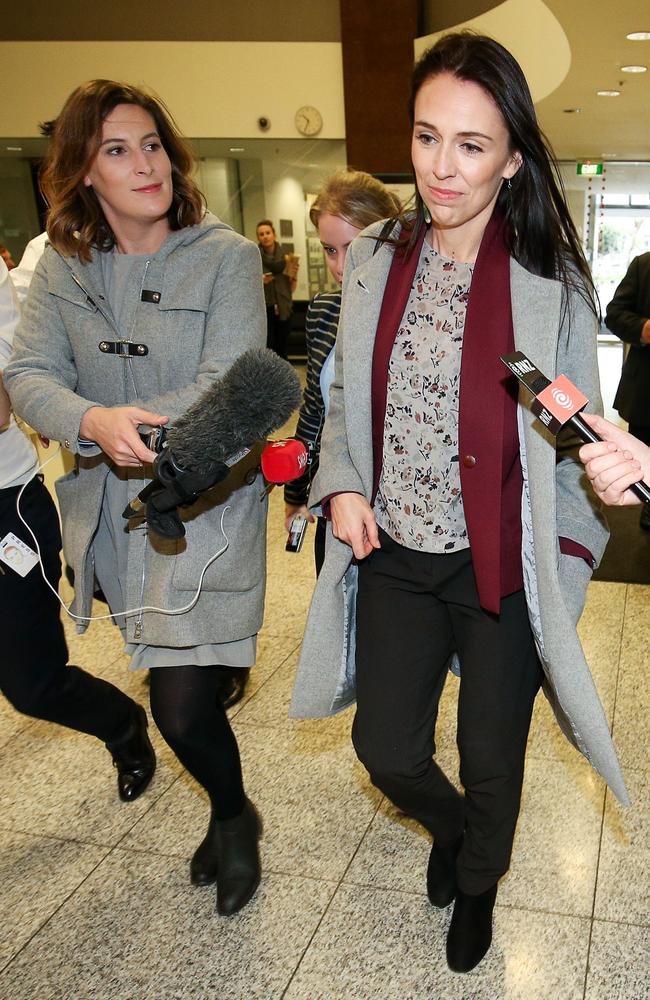
In March this year she became Labour’s deputy leader and said at the time that she was not ambitious and saw herself as a backroom staffer.
But Labour’s top job was thrust upon her when her predecessor Andrew Little quit after the party’s polling hit 20-year lows of 23 per cent.
“Everyone knows I have just accepted, with short notice, the worst job in politics,” Ardern said after becoming Labour’s fifth leader in four years.
Doubts about her temperament evaporated amid several feisty television debates with outgoing prime minister Bill English.
Voters also saw a steely side when a TV host told her that New Zealanders had a right to know her plans for parenthood before deciding whether to elect a young woman as prime minister.
The campaign proved testing, despite her initial surge in popularity, as English rallied and launched a sustained attack on her economic credibility.
Her conservative rival dismissed Ardern’s appeal as “stardust”, claiming she would squander the economic gains achieved under National.
Ardern blamed a scare campaign on tax for a dip in the polls late in the campaign.
Ultimately though, the “relentless positivity” Ardern promised to maintain throughout the campaign allowed her to prevail against a tough rearguard action from English.
Her challenge now is to convert the optimistic promise displayed on the campaign trail into meaningful action while in office.
